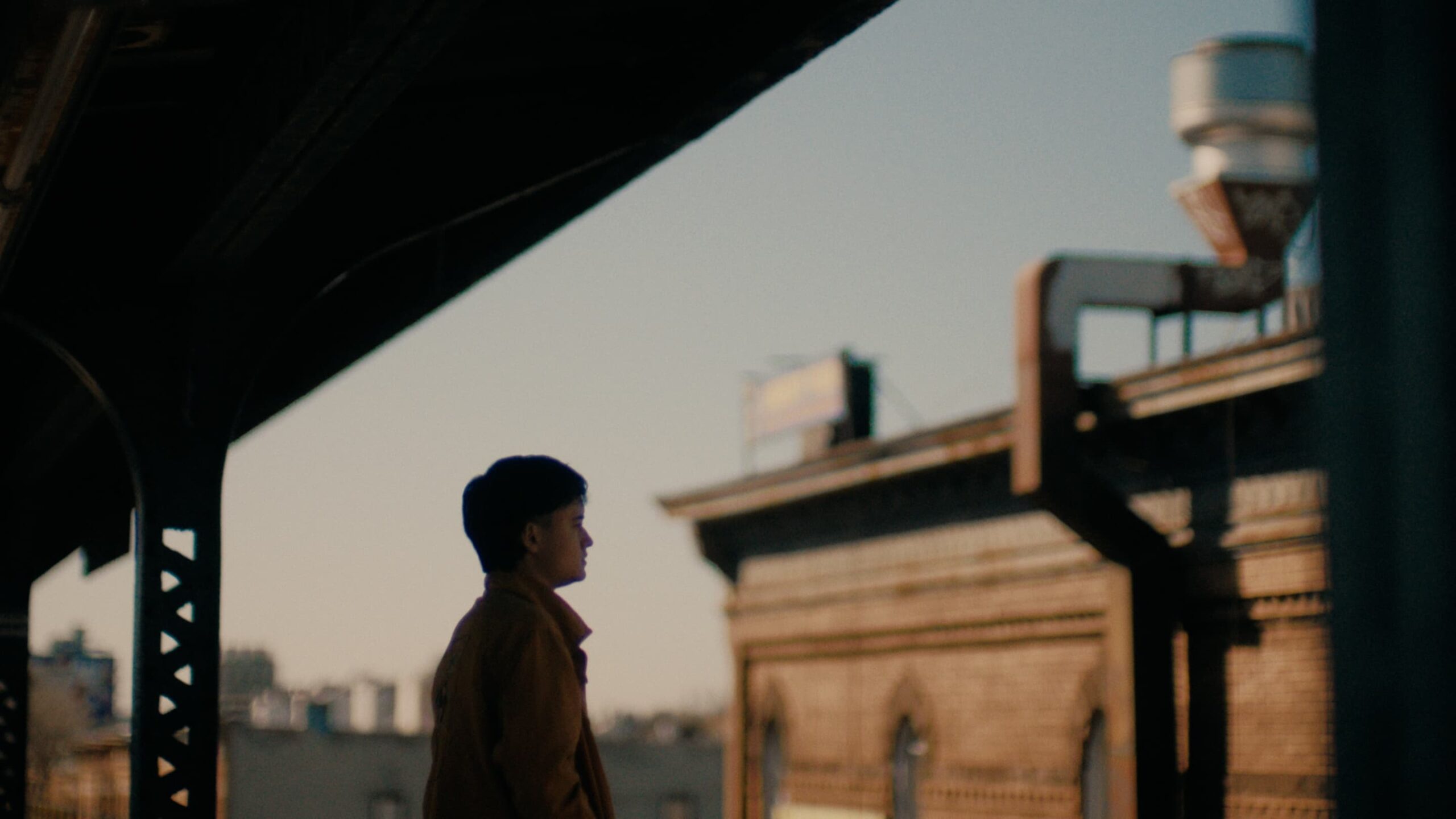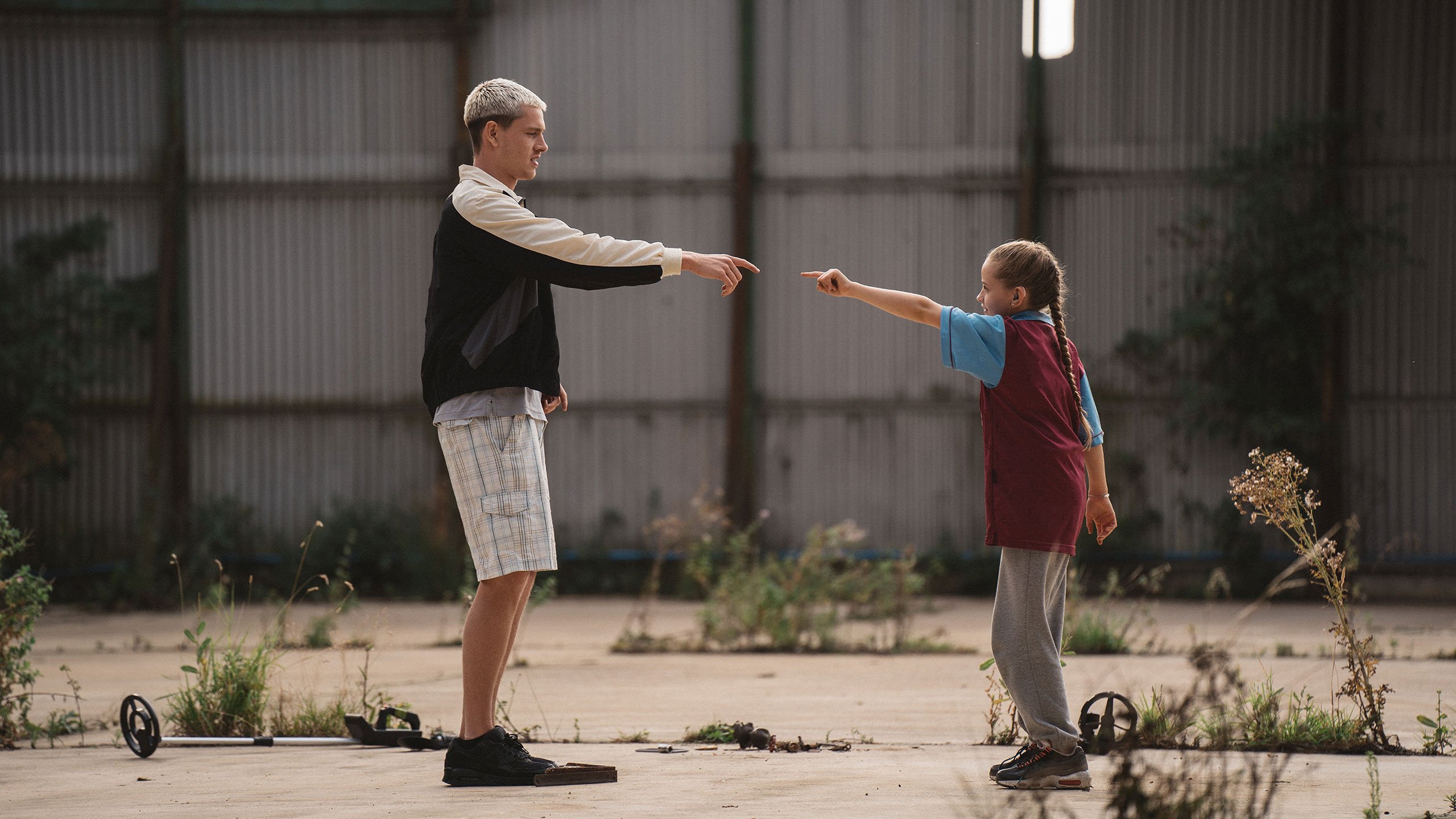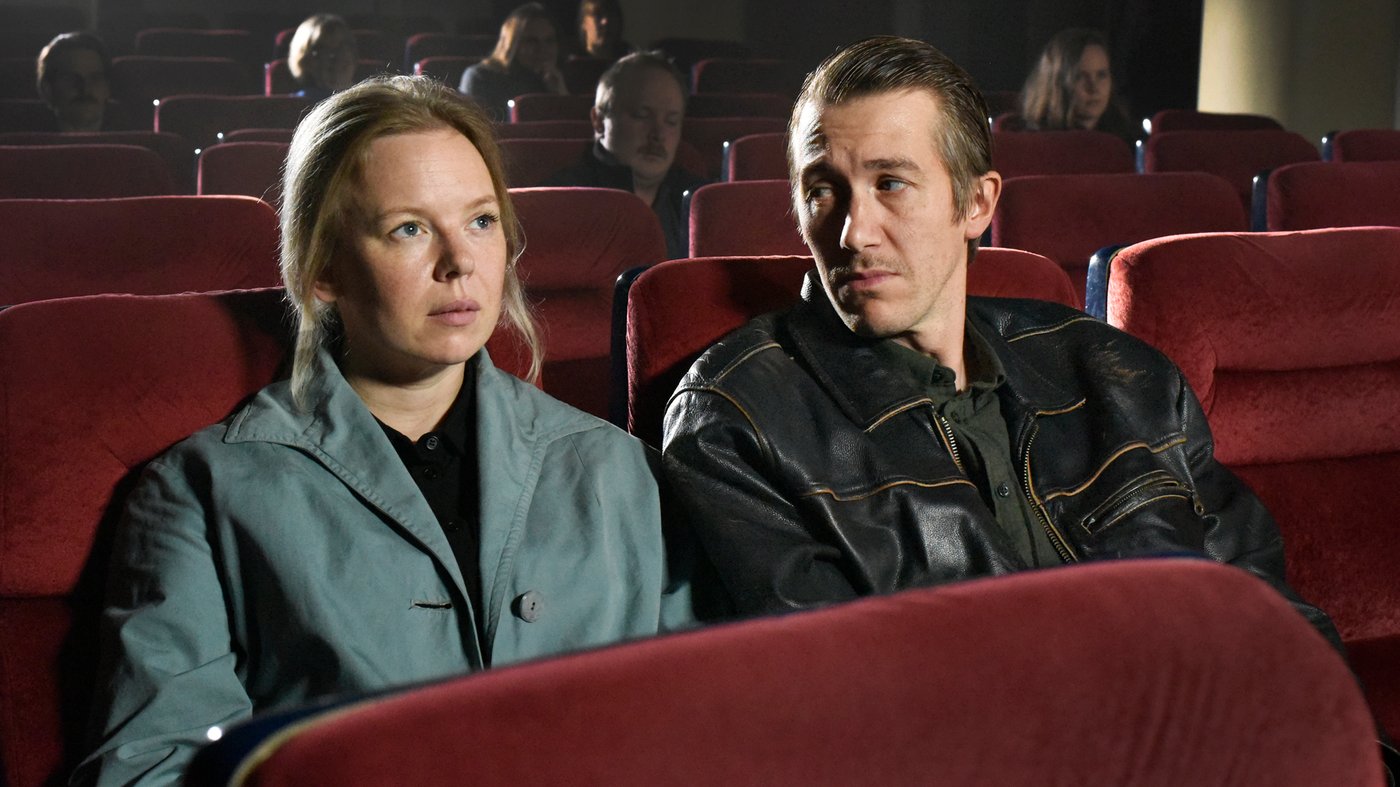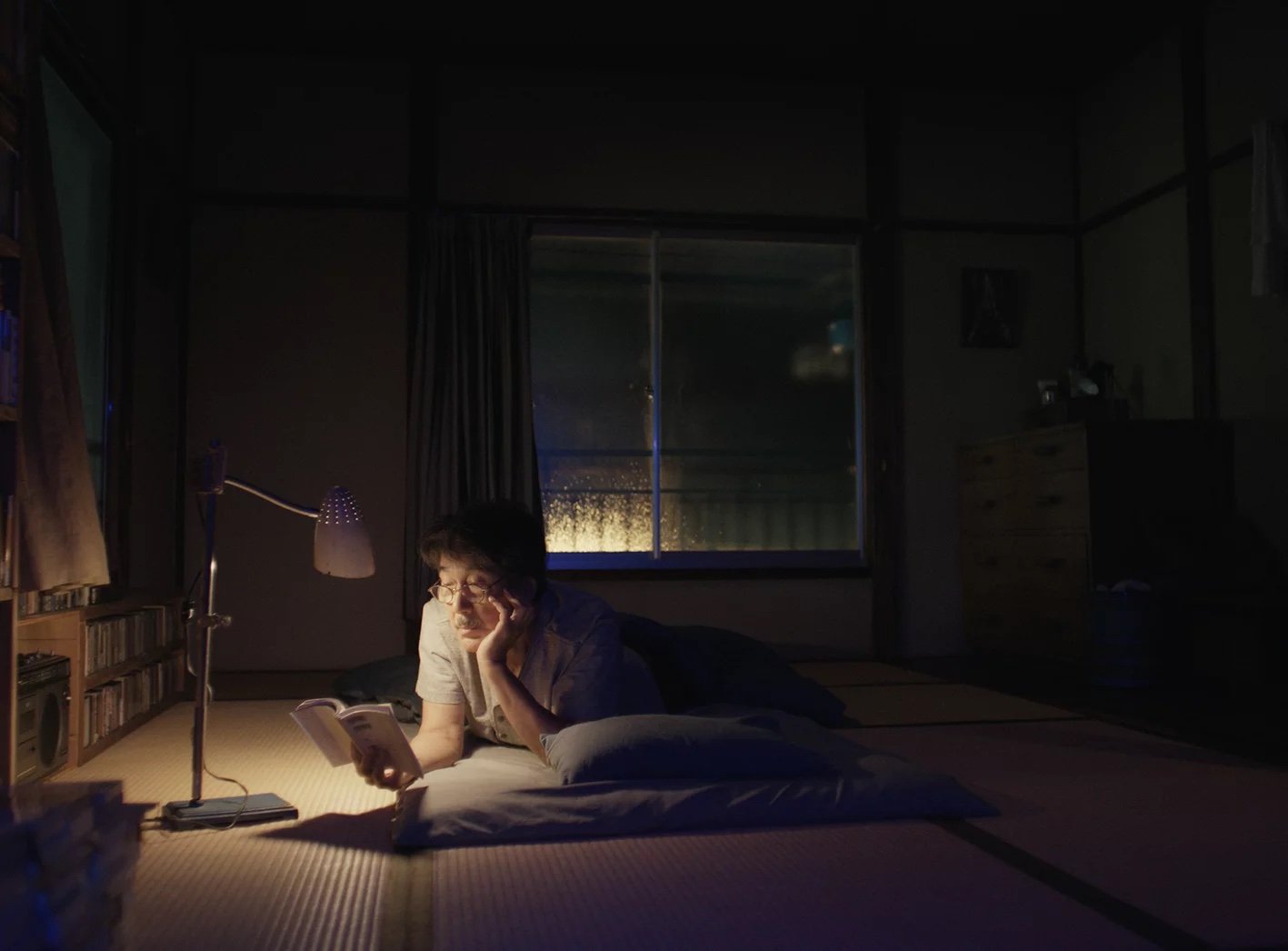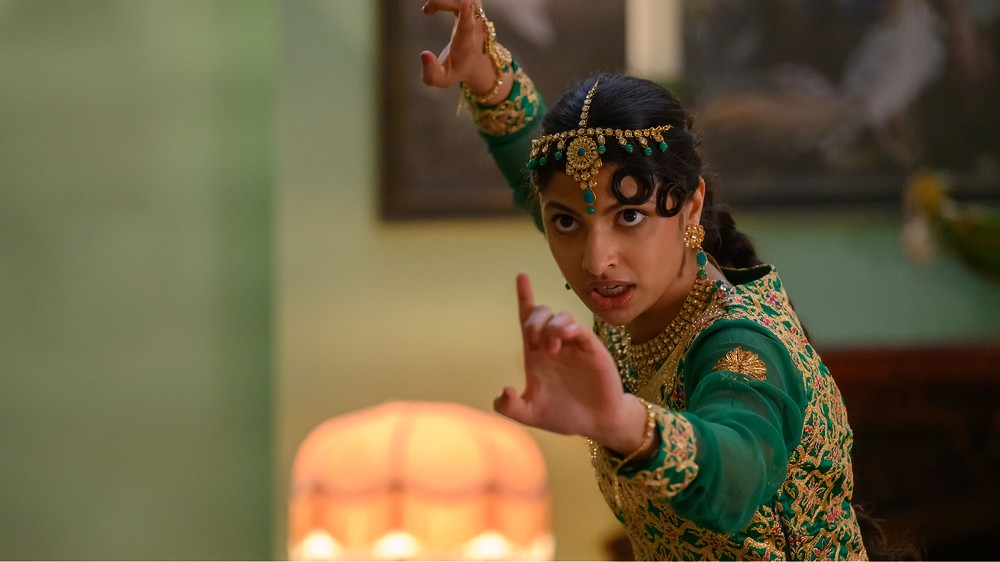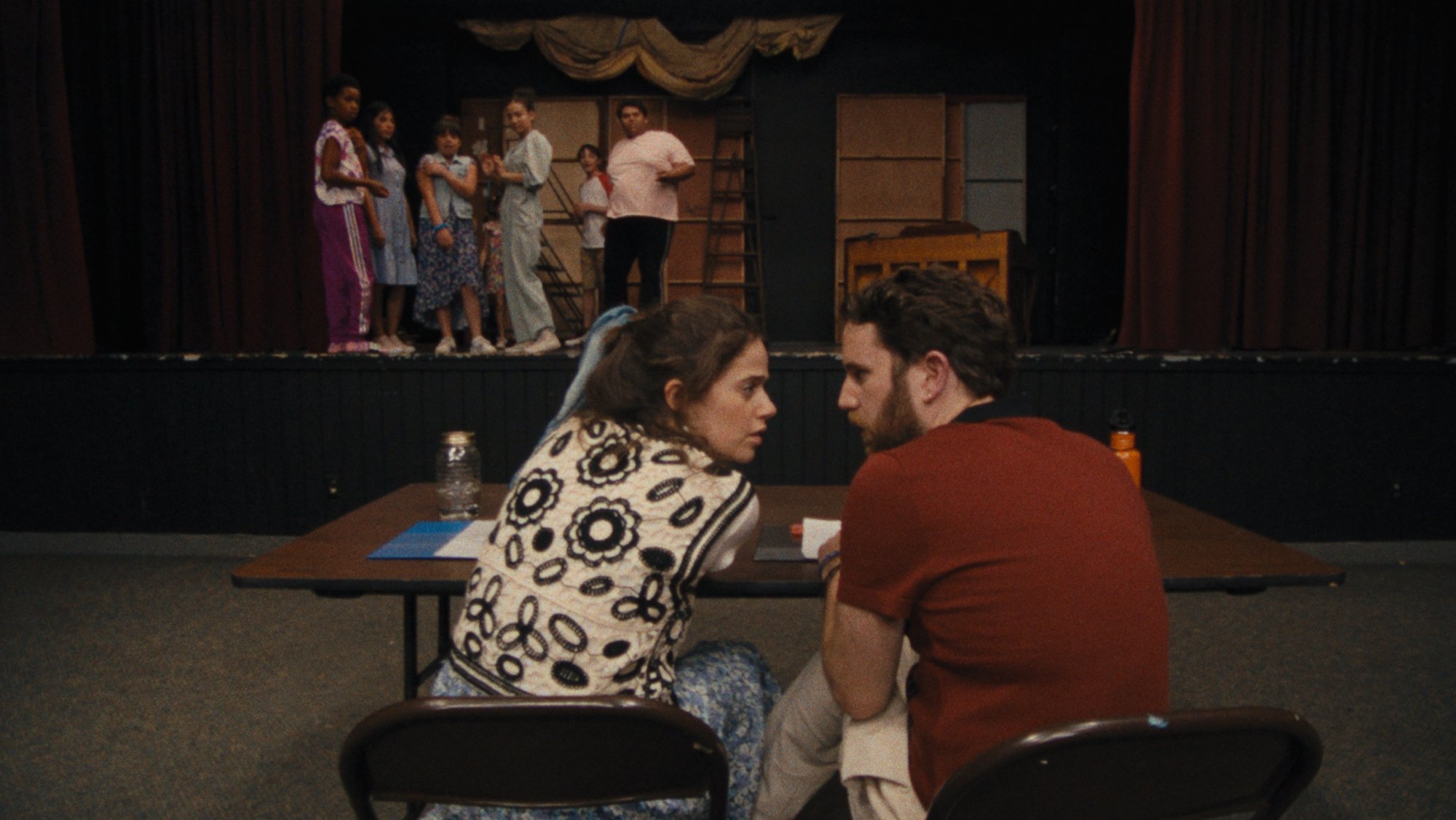
20 Best Movies Of 2023 On Itunes
March 18, 2025
Share:
2023 saw an unprecedented rise in theater attendance, especially at the height of #Barbenheimer during the summer, but that doesn’t mean streaming is lagging far behind. In fact, video rental platforms like Itunes put up movies (in 4k and Dolby Atmos no less) as soon as their theatrical run comes close to the end. Yes, Itunes movies can be quite pricey, but if you’re looking for something truly fresh, then it’s the way to go.
Below you will find our recommendations for the best movies of 2023 on iTunes. These recommendations are all highly rated by viewers and acclaimed by critics. They were also watched and vouched for by one of our writers.
Read also:
11. Saltburn (2023)
Genres
Director
Actors
Moods
Oscar-winner Emerald Fennell got a lot of free reign with her debut, Promising Young Woman, which was a slightly modest ordeal even with a lead of Carrey Mulligan’s calibre. But now, with her sophomore film, she go to have some fun. Assembling a devout cast of particularly skilled actors—Barry Keoghan, Jacob Elordi, Rosamund Pike, and Mulligan again—seems like an obvious decision, but the mix of them all is unlike anything we’ve seen before. A class satire, a psychological thriller, and a psychosexual drama, Saltburn is high class entertainment, with a snappy script, and many tricks up its sleeve. Brace yourselves for some bath-action, grave-action, and full-moon-menstrual-action and many other scenes you may have not ever pictured shown on the screen. Actually, it’s impossible to prepare for a film like this one, but being open certainly helps digest the shock and provocations that are there for you to behold.
12. The Iron Claw (2023)
Genres
Director
Actors
Moods
The story of the Von Erich family is excruciatingly sad, but Iron Claw doesn’t dive right into the tragedy. Instead, it takes care to paint a picture of a close-knit family that’s filled with just as much warmth, jealousy, affection, and resentment as the next bunch. Durkin masterfully draws you into their circle so that everything that happens next is sure to cut deep. The choreography, chemistry, color—everything is carefully and beautifully set up, but the casting is what stands out the most. This wouldn’t have worked as well if it weren’t for the inspired move to pair Zac Efron, Jeremy Allen White, Harris Dickinson, and Stanley Simons as brothers and partners. On the internet, people have been dubbing The Iron Claw as “Little Women and The Virgin Suicides for men” and it’s not hard to see why. Apart from the sibling bond over glory and growing pains, all these films are also powerful explorations of gender. Iron Claw is a vicious takedown of toxic masculinity, while also being a searing family drama and an incredible showcase for Efron and company.
13. Mutt (2023)
Genres
Director
Actors
Moods
Just based off its title, Mutt is already a film that tackles a state of in-between, and perhaps what makes it already precious is how honest and personal it can get, while remaining a good fictional story. This striking debut took Chilean-Serbian filmmaker Vuk Lungulov-Klotz more than six years to make, at least from the initial stages of the script as he was working through his own transition, how that felt and how he dealt with it in life and art. That said, Mutt is a film that stands on its own feet, without the need for any such context: the script, the performances, the frantic pacing of it, they are all top-level stuff. A generous, open film that has its trans protagonist be who they are, whatever that may be, and gives as much insight as it allows for curiosity and empathy. If Mutt is educational in any way, it is through it’s apt storytelling and truthfulness that bleeds through the screen; its significance for trans cinema cannot be overstated, but it is also once of the most accomplished debuts of 2023.
14. Scrapper (2023)
Genres
Director
Actors
Moods
Be prepared to have the expectations you form after reading Scrapper’s synopsis shattered: though it is about a 12-year-old dealing with grief following her mother’s death, it’s remarkably upbeat. It gets that quality by positioning itself in the buoyant headspace of young Georgie, a resilient, cheeky youngster who retains much of her whimsical childlike spirit in spite of her profound bereavement. Director Charlotte Regan’s debut feature is bursting with imagination: there are surreal stylized touches all over the movie, from talking video-game-style spiders to magical realist metaphors of Georgie’s grief.
That’s not to say that Scrapper is flippant about the inherent tragedy of its story, though. As in The Florida Project, you can feel the escapist motivations of Georgie’s colorful imagination, which only deepens the poignancy of her situation and the precarious relationship she forms with her father, a barely-old-enough manchild who only makes an effort to meet Georgie after her mother’s death. Amidst all the intentional artificiality of the filmmaking, their largely improvised interactions never ring false — a dynamic that’s also crucial to making the movie feel genuinely touching and real rather than saccharine and shallow. A very impressive debut, and a much-deserved recipient of Sundance’s World Cinema Grand Jury prize and a whopping 14 nominations at the BIFAs.
15. Fallen Leaves (2023)
Genres
Director
Actors
Moods
Simple but lovely movies like Fallen Leaves are hard to come by these days. While others rely on complicated dialogue or overly ambitious premises to be deemed deep or important, Director Aki Kaurismäki trusts that his material is strong enough. After all, its silence speaks volumes; the characters don’t say much but when they do, you can be sure it’s something hard-hitting or funny. The plot doesn’t contain a lot of surprises, but when it makes a turn, it moves you instantly. And the leads, Ansa (Alma Pöysti) and Holappa (Jussi Vatanen) barely move their features, but their eyes convey more emotion, more longing and ache and joy, than one can hope for. Some movies can be challenging, exhilarating, or exhausting to watch. This one is simply delightful.
16. Perfect Days (2023)
Genres
Director
Actors
Moods
For public toilet cleaner Hirayama, “enjoy the little things in life” is more than just an adage: it’s a philosophy. Every day, he follows a strict routine of watering his plants, going to work, taking a break at a nearby shrine, and having dinner at his favorite stalls. It seems unexceptional, and yet Hirayama manages to find small, meaningful joys in between (and at) those very moments. A tree branch dancing in the breeze and shadows making funny shapes are enough to make him chuckle, while it seems like a good book and a trusty cassette are all he needs to be at peace. Hirayama’s mundane miracles are life-affirming, but make no mistake: this isn’t one of those cheesy films that push you to be happy no matter what. Director Wim Wenders (Paris, Texas, Wings of Desire) infuses the film with a certain gloom so that the overall tone is one of deep, poignant melancholy. Through vague clues about Hirayama’s past, we learn that his attempts at capturing joy might also be bids to escape a traumatic life. All this builds to a powerful ending that speaks to the complexity of human emotion. We can be happy and sad, peaceful and troubled, lonely and content all at the same time, and it’s okay. At the end of the day, we’ll still have our favorite book passage, our favorite singer, a great artwork, or a beautiful park to return to, and sometimes that’s all the reminder you need that life can be worth living.
17. La Chimera (2023)
Genres
Director
Actors
Moods
La Chimera is often meandering. Scenes flitter about and move at different paces, resembling dreams more than they do reality, but they’re hardly trivial. Just the opposite, they enchant you with their beauty and confront you with deep, existential questions that haunt you long after the film’s run. You won’t find obvious answers here though, and you might even leave more perplexed than when you began. But that is the beauty of a film like La Chimera, it cracks you open to different realms and possibilities.
18. Polite Society (2023)
Genres
Director
Actors
Moods
Kill Bill meets Bend It Like Beckham in this wild ride about a martial arts-obsessed British-Pakistani teenager who views her older sister’s impending marriage as a catastrophe to be averted at all costs. Aspiring stuntwoman Ria (Priya Kansara) can’t stomach the idea of free-spirited Lena (Ritu Arya) giving up on her creative dreams to marry a nauseatingly perfect man — not least because art school dropout Lena is her hero for refusing to conform to their community’s traditional ideas about respectability and success.
Polite Society makes room to sensitively explore Ria’s disappointment and the loneliness of rebellion, but writer-director Nida Manzoor doesn’t stop there, throwing in a sharp allegory disguised as a zany twist. Rather than upending our expectations for upending’s sake, the surprise metaphor refigures the movie as perceptive cultural commentary on the age-old devaluation of women as mere vessels for the next generation. What’s more, Manzoor takes the analogy full circle to thoughtfully imagine how this kind of dehumanizing misogyny might have affected previous generations, suggesting that the real villains lie offscreen. Movies as inventive and intelligent as this don’t come around often, but one that’s this funny, visually bold, unabashedly feminist, and full of stars-in-the-making is rarer still.
19. Theater Camp (2023)
Genres
Director
Actors
Moods
You don’t have to be a theater kid to enjoy this feel-good mockumentary set in a summer camp for junior thespians. While there are plenty of in-jokes here for those who might have spent a summer or two somewhere like AdirondACTS, Theater Camp also good-naturedly lampoons every instantly recognizable stereotype of theater kids and the classic failed-performer-turned-teacher.
Amongst the note-perfect ensemble, particularly hilarious standouts include co-writer Ben Platt and co-director Molly Gordon as camp instructors and best friends Amos and Rebecca-Diane. Both are Juilliard rejects with codependency issues and a classic case of actorly self-indulgence — as encapsulated in the moment they accuse a young attendee of “doping” for using artificial tears during a performance (“Do you want to be the Lance Armstrong of theater?”). But even seasoned performers like Platt and Gordon can’t pull the spotlight away from the film’s absurdly talented young ensemble, who are just as game for poking fun at their passion: standouts include Luke Islam, Alexander Bello, and Minari’s Alan Kim as a pint-sized “aspiring agent” who skips dance class to make business calls. All this self-satirising never obscures the movie’s heart, though; what begins as a self-deprecating ribbing of theater-heads ultimately becomes a rousing love letter to those very same misfits.
20. Perpetrator (2023)
Genres
Director
Actors
Moods
There’s a degree of removal in Perpetrator which some viewers may find jarring: most visibly, in the performances, whose heightened sensitivity can seem unlikely for a horror film. That said, director Jennifer Reeder’s main conceit here is to entertain and make you think, and she doesn’t want you to get too comfortable. In the central concept of “Forevering,” a family curse spell that Jonny goes through, Reeder vests her character with metamorphic potential, and with that, ignites hope for a future that is better for women and for horror cinema as a whole. But the film is not overly intellectual. It’s rather intuitive in its world-building and celebrates horror’s final girl trope in a well-deserved way. A little gore, some slasher tropes, LGBTQ+ themes, and strong central characters make it a perfect pre-Halloween treat.
Read also:
Comments
Add a comment
Ready to cut the cord?
Here are the 12 cheapest Live TV streaming services for cord-cutting.
More lists
Lists on how to save money by cutting the cord.
Curated by humans, not algorithms.
© 2025 A Good Movie to Watch. Altona Studio, LLC, all rights reserved.


